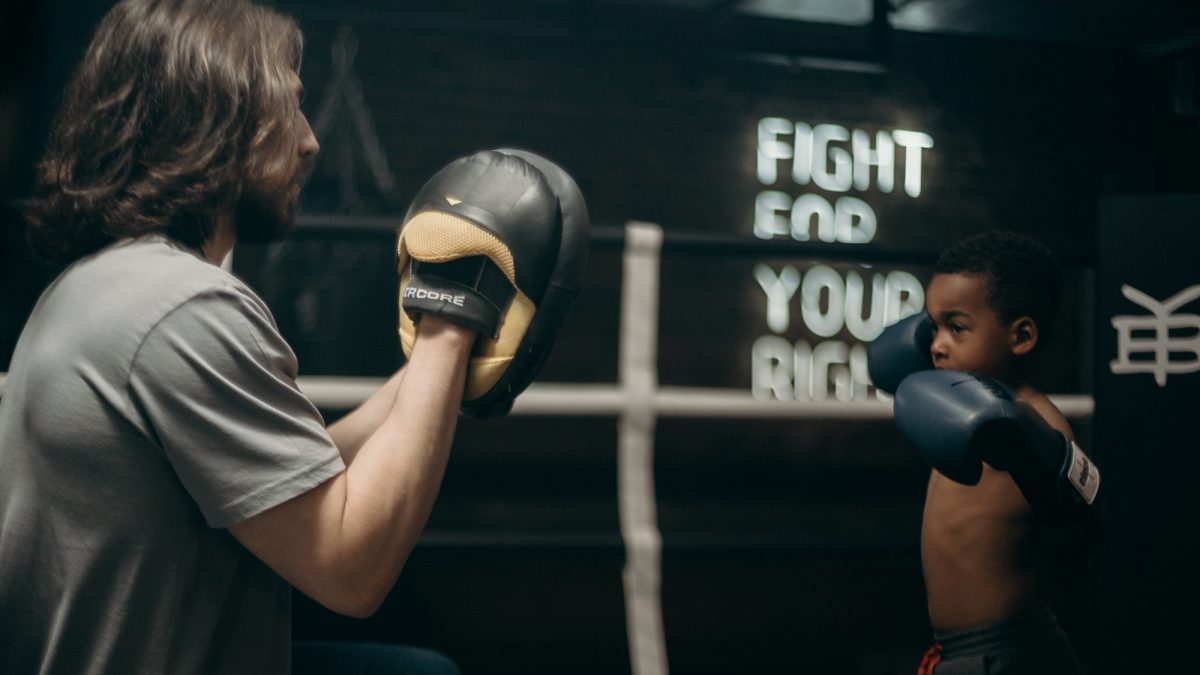Mentor Someone
{20 minutes}
Mentor Someone
We need to be around people we want to become like...
Find something that you are good at, and then teach it to someone else. But focus your attention on mentoring the connection itself. Which means make it your business to impart not merely knowledge, but connection. Think about who touched you as a child, and why they touched you. We always remember how people make us feel. We remember care. We remember being taken seriously, being treated as if we matter. Being treated, as children, as the embryonic forms of the adults that all of us will one day become. All of us need mentors. We need people to catch our stories, to tease them out of us and reflect them back with deepening questions. We don’t need answers. Other people’s answers will never really help us anyway. We need models. We need people who we would want to become.
Think about the teachers you had as a child who you remember. What is it that you remember? Math facts? How to diagram a sentence? What happened in Virginia in 1637? The Defenestration of Prague? Probably, what you remember about them is how they made you feel. Consider that for a moment. While reviewing teacher training pedagogy, and discussing this with colleagues who have doctoral degrees in education, we have yet to find an aspiring educator who ever took a class titled, “Teaching so that Students will Remember How You Made Them Feel.” This is not, in fact, part of general educational pedagogy. But how could it not be?
I remember, almost forty years later, how it felt to sit with Perrin Stifel, the guidance counselor in my elementary school, because of how warmly he held me, and all of us, in his regard. I didn’t, at that time, even know what a therapist was, but I knew in my body that his voice made me feel safe. I knew that I liked the way it felt to sit near him. I knew that he had what I would learn twenty years later was called Emotional Intelligence, and what I would discover in college was called mindful awareness. As a kid though, what I felt—without all those fancy words—was that he was actually listening, that he could see me, that he noticed me, and that he wanted what was best for me.
So, mentor like this. The root of the word education is Latin: educere. To draw forth. Help someone feel safe, be present, listen to them. Remind them that they matter. You never know who you are sitting with.
And this is not just true for children. All of us, at all life stages, need mentoring along the ladder of human development. We need mentoring into young adulthood, and into householding, and into parenting, and grandparenting, and elderhood. This is the function of a tribe, this life stage succession. The proper place of Elders in a culture is this mentoring. Yet we, in the modern society, throw our Elders away. We take the place in life that should be that of the greatest wisdom and reverence and we discard it. We say that people of advanced age are no longer relevant. Only in a disconnected culture with no real lifeways are old people irrelevant.
By becoming a mentor, you ripen conditions for your own mentorship. By becoming generous with your teaching, you open yourself for others to become generous with you.
Related Practices:
See Ancestral Connection. See Healthy Relationships. See Indigenous Voices. See Tell Your Story. See The Cure for Loneliness.Photography: | Licensed from Pexels.com, used with permission.


